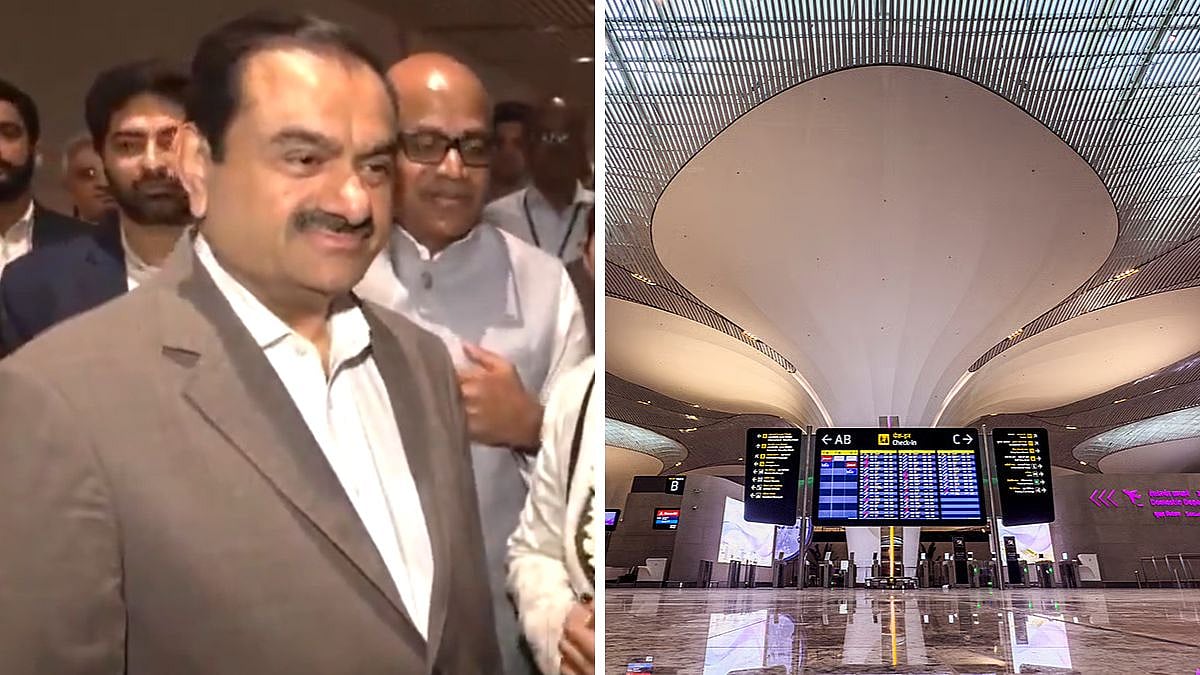From a green hydrogen project in partnership with French firm TotalEnergies to new roadways, the Hindenburg report brought multiple Adani projects to a screeching halt. The conglomerate whose shares grew 2500 per cent in five years with expansion from airports to power, was forced to slow down before it clinched a fresh Rs 15,000 crore infusion.
The Adani Group which attracted GQG's investment thanks to stable assets in sea and air travel, is set to add more airports to its portfolio.
Seeks to control the bulk of airports in India
With seven operational airports in its kitty and more being built in Navi Mumbai and Noida, the Adani Group is eyeing the opportunity to privatise a dozen more.
Arun Bansal, the Chief Executive Officer of Adani's airport arm, said that the firm will place bids with an aim to become the top airport operator in the country.
GQG's co-founder Rajiv Jain had also mentioned airports, apart from ports and pipeline as regulated assets, that made Adani stakes attractive for investment when the prices were down.
Adani Airports Holding CEO Bansal also added that the Navi Mumbai Airport's phase-1 will be complete by December 2024.
The new facility will be able to handle nine crore passengers every year, as the country is expected to have 100 crore travelers by 2040.
Back to business as usual after serious allegations
The announcement comes more than a month after India's opposition questioned the government for allegedly pressurising GVK to hand over control of Mumbai Airport to Adani.
Referring to the removal of the requirement of prior experience and a limit on number of airports a firm can bid for, Rahul Gandhi claimed that rules were tweaked to favour Adani.
Reports suggest that the NITI Aayog had also warned against awarding airports to entities without prior experience in the sector.
More projects stuck
As of now, Adani has stopped construction and equipment procurement for a petrochemical project in Mundra, till it secures financial closure in six months.
It is also struggling to find a buyer for a port in Myanmar, built on land owned by a sanction-hit military firm.









